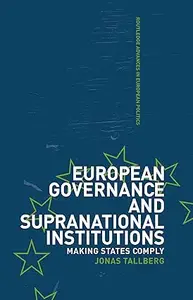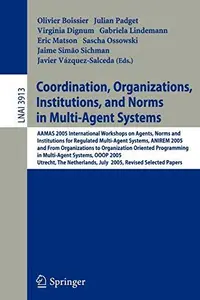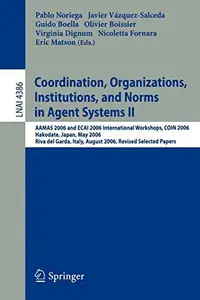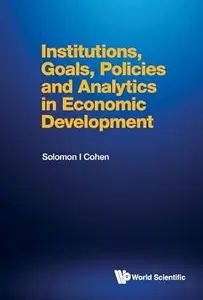
Free Download Desmond McNeill, "Multilateral Institutions: A Critical Introduction"
English | 2003 | pages: 200 | ISBN: 0745319203, 0745319211 | PDF | 0,7 mb
In recent years, a great deal of public attention has been focussed on multilateral institutions such as the World Bank, IMF and WTO. This book offers students, practitioners and activists a critical guide to these and other major institutions – the Regional Development Banks and UNDP – that make up the multilateral development system. It analyses how they operate with respect to financing and lending, the various roles that they play, and related changes in their policy concerns – such as structural adjustment, sustainable development, and governance. The emphasis is on politics within and also between multilateral institutions, analysing the relations – both competitive and collaborative – between, for example, the World Bank and UNDP. NGOs are also shown to be important actors, and the role they have played in recent years is critically assessed. The book concludes with some emerging trends: the ‘privatisation’ of the system, regionalisation, and ‘the politics of protest’. Bøås and McNeill do not simply take the policies of multilateral institutions at face value, but ask how and why these policies came into existence. They seek to promote critical, but informed, engagement both with the member states of multilateral institutions and the institutions themselves.








